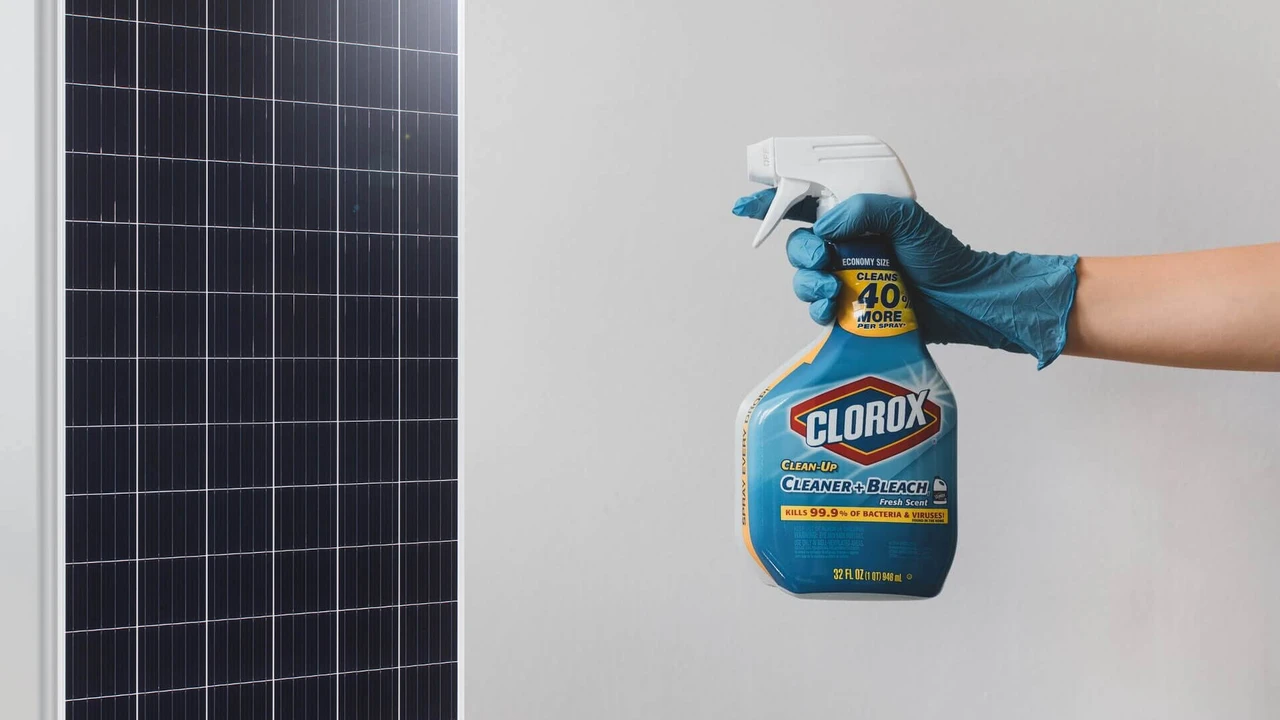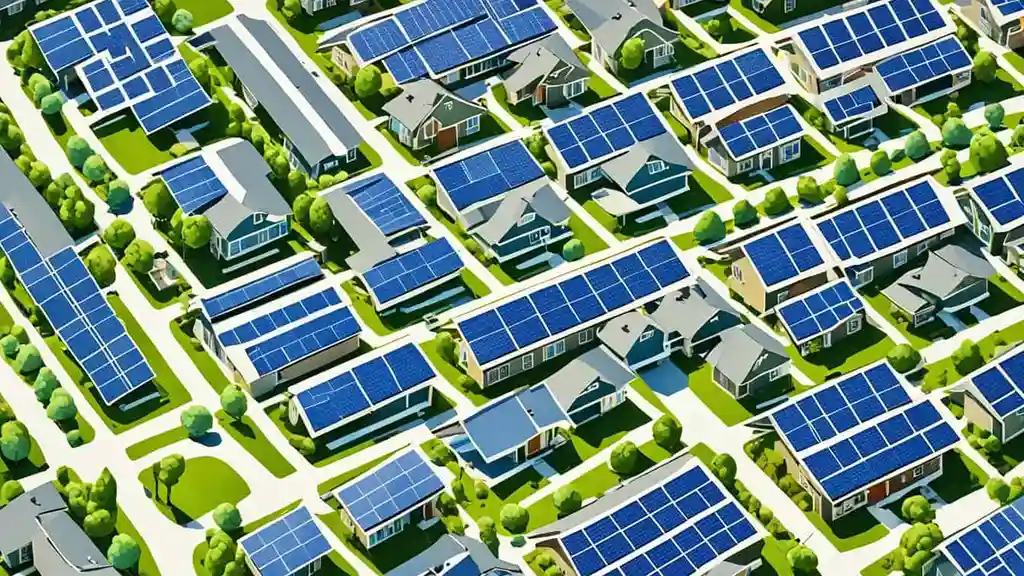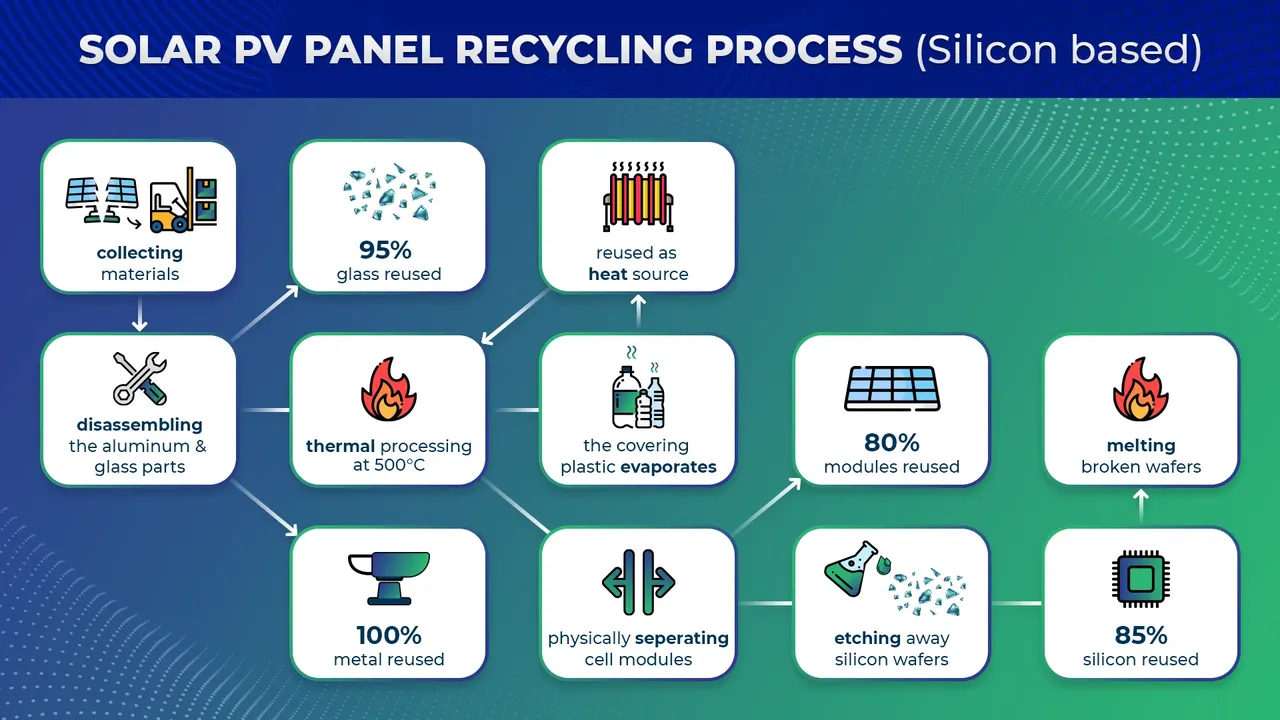Solar Panel Cleaning Products: What to Use and Avoid

Understanding Solar Panel Soiling and Its Impact on Efficiency
Okay, let's talk about dirty solar panels. It's not exactly rocket science, but it *is* important. Think of your solar panels like your car windshield. If it's covered in grime, you're not going to see very well, right? Same deal with solar panels. Dust, pollen, bird droppings, leaves... all sorts of stuff can accumulate on the surface and block sunlight from reaching the solar cells. This, in turn, reduces the amount of electricity your panels can generate. We're talking about a real hit to your energy production, sometimes up to 25% or even more in heavily soiled areas!
So, how do you know if your panels are dirty enough to warrant a cleaning? A good rule of thumb is to visually inspect them every few months. If you see a noticeable layer of grime, it's probably time to clean. You can also monitor your energy production. If you notice a significant drop in output compared to previous periods with similar weather conditions, that's another clue that your panels might need a scrub.
The Dos and Don'ts of Solar Panel Cleaning Products: Choosing the Right Solution
Now, let's get down to the nitty-gritty: what should you use to clean your solar panels, and what should you absolutely avoid? The goal here is to clean effectively without damaging the panels themselves. Solar panels have a delicate coating designed to maximize light absorption, and harsh chemicals can strip this coating away, reducing their efficiency and lifespan.
What to DO:
- Use Distilled Water: Seriously, this is often all you need. Distilled water is pure and free of minerals that can leave spots or streaks on the panels.
- Mild Soap: If distilled water alone isn't cutting it, you can add a small amount of mild soap specifically designed for solar panels. We'll get into some product recommendations later.
- Soft Brush or Sponge: Use a soft-bristled brush or a non-abrasive sponge to gently scrub the panels. Avoid anything that could scratch the surface.
- Use a Telescoping Pole (with caution): If your panels are on the roof, a telescoping pole with a brush or sponge attachment can help you reach them safely. Make sure the pole is lightweight and easy to control.
- Clean Early in the Morning or Late in the Evening: Avoid cleaning your panels in direct sunlight, as the water and soap can dry too quickly and leave streaks.
What to AVOID:
- Harsh Chemicals: This includes things like bleach, ammonia, and abrasive cleaners. These can damage the panel's coating and void your warranty.
- High-Pressure Washers: While tempting, high-pressure washers can damage the panels and force water into sensitive areas.
- Abrasive Scrubbing Pads: These can scratch the surface of the panels and reduce their efficiency.
- Metal Brushes: Steer clear of anything with metal bristles, as they can easily scratch the panels.
- Walking on the Panels: Unless your panels are specifically designed to be walked on, avoid stepping on them. You could damage the cells or the frame.
Recommended Solar Panel Cleaning Products: Brands, Uses, and Price Points
Alright, let's talk about some specific products you can use to keep your solar panels sparkling clean. Remember, always follow the manufacturer's instructions and test any product on a small, inconspicuous area first to make sure it doesn't damage the panels.
Option 1: Distilled Water - The Simple and Effective Solution
Description: As mentioned earlier, distilled water is often the best and simplest solution. It's pure, free of minerals, and won't leave streaks.
Use Cases: Ideal for light dust and pollen buildup. Great for regular maintenance cleaning.
Pros: Inexpensive, readily available, safe for all solar panels.
Cons: May not be effective for heavy grime or bird droppings.
Price: Varies depending on quantity and retailer, but generally very affordable (e.g., $1-$2 per gallon).
Option 2: Solar Panel Cleaning Soap - A Gentle Yet Effective Cleaner
Description: Specialized solar panel cleaning soaps are formulated to be gentle on the panels' coating while effectively removing dirt and grime. Look for biodegradable and pH-neutral options.
Use Cases: For heavier soiling, including bird droppings, tree sap, and stubborn dirt.
Pros: Designed specifically for solar panels, effective cleaning power, typically biodegradable.
Cons: More expensive than distilled water, requires rinsing.
Product Recommendation 1: SunClean Solar Panel Cleaning Soap - A popular choice known for its effectiveness and environmentally friendly formula. Available on Amazon and solar supply stores. Price: Around $20-$30 per gallon.
Product Recommendation 2: Sol-Brite Solar Panel Cleaner - Another reputable brand that offers a concentrated formula, meaning you'll need to dilute it with water. This makes it a more economical option in the long run. Price: Around $25-$35 per gallon concentrate.
Option 3: Deionized Water Systems - The Professional Approach
Description: Deionized water systems remove all minerals and impurities from the water, providing the purest possible cleaning solution. These systems can range from simple filters that attach to your garden hose to more elaborate setups with pumps and tanks.
Use Cases: Ideal for areas with hard water or for those who want the absolute best cleaning results. Often used by professional solar panel cleaning companies.
Pros: Provides the purest cleaning, prevents mineral buildup, reduces the need for soap.
Cons: More expensive than distilled water or soap, requires specialized equipment.
Product Recommendation: CR Spotless Water Systems - These systems use resin to remove minerals from water, providing spot-free cleaning. Prices range from a few hundred dollars for smaller systems to several thousand for larger, professional-grade systems.
Product Comparison: Choosing the Best Option for Your Needs and Budget
So, which cleaning product is right for you? Here's a quick comparison:
- For light cleaning and regular maintenance: Distilled water is your best bet. It's cheap, effective, and safe.
- For heavier soiling: A specialized solar panel cleaning soap like SunClean or Sol-Brite will do the trick.
- For the ultimate cleaning experience: A deionized water system is the way to go, but be prepared to invest more upfront.
Consider also the frequency of cleaning. If you live in a dusty area and need to clean your panels frequently, a deionized water system might be a worthwhile investment in the long run. If you only need to clean your panels a couple of times a year, distilled water and a mild soap will probably suffice.
Safe Cleaning Practices: Protecting Yourself and Your Solar Panels
Cleaning solar panels can be a bit tricky, especially if they're on the roof. Safety should always be your top priority. Here are some tips to keep you safe:
- Never work alone. Have someone nearby to assist you in case of an emergency.
- Use a stable ladder. Make sure the ladder is properly secured and placed on a level surface.
- Wear appropriate footwear. Non-slip shoes are essential.
- Avoid cleaning in windy conditions. The wind can make it difficult to control the ladder and the cleaning equipment.
- Turn off the solar panel system. Although it's unlikely, turning off the system while cleaning minimizes the risk of electric shock. Consult your system's manual for instructions on how to safely shut it down.
- Use a safety harness. If you're working on a steep roof, a safety harness is a must.
- Consider hiring a professional. If you're not comfortable cleaning your solar panels yourself, or if they're difficult to access, it's best to hire a professional solar panel cleaning company.
Frequency of Cleaning: How Often Should You Clean Your Solar Panels for Optimal Performance
The ideal cleaning frequency depends on several factors, including your location, the weather conditions, and the type of soiling. Here's a general guideline:
- Areas with heavy dust or pollen: Clean every 1-3 months.
- Areas with frequent rain: Clean every 3-6 months.
- Areas with minimal soiling: Clean every 6-12 months.
Remember, it's always better to err on the side of caution and clean your panels more frequently than necessary. Regular cleaning will help ensure that your solar panels are operating at peak efficiency and generating the maximum amount of electricity.
Ultimately, keeping your solar panels clean is a small investment that can pay off big time in terms of energy production and savings. So, grab your distilled water, your soft brush, and get to work! Your solar panels will thank you for it.
:max_bytes(150000):strip_icc()/277019-baked-pork-chops-with-cream-of-mushroom-soup-DDMFS-beauty-4x3-BG-7505-5762b731cf30447d9cbbbbbf387beafa.jpg)





